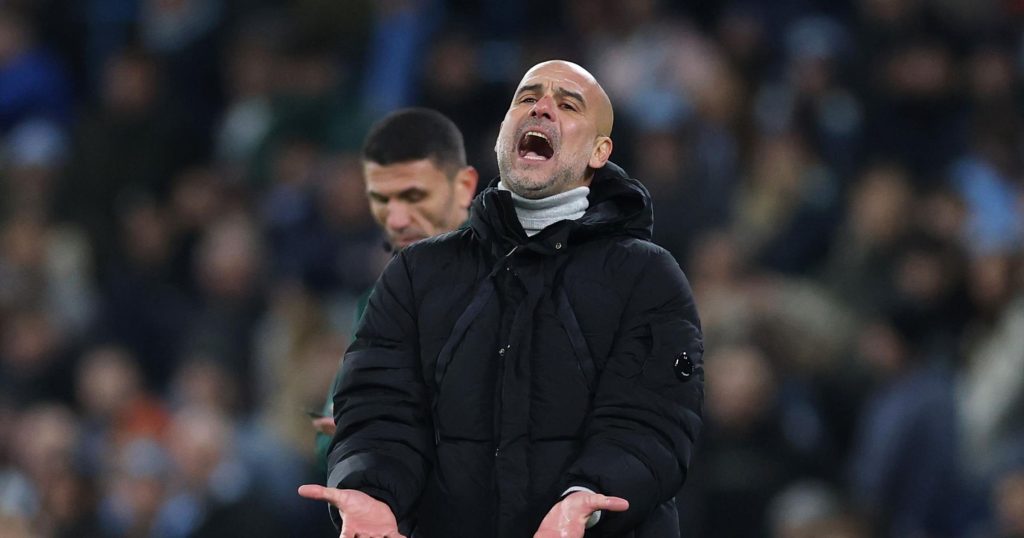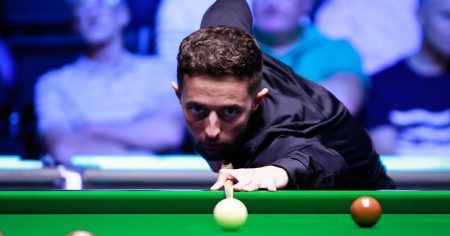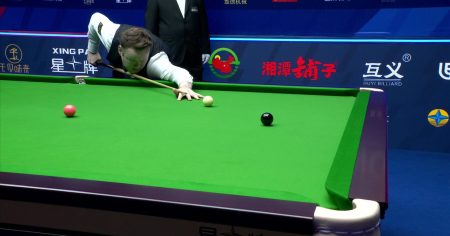In a stunning turn of events in the UEFA Champions League, Manchester City squandered a commanding position at the Etihad Stadium, relinquishing a 3-0 lead to draw 3-3 with Feyenoord. The Premier League champions were in control of the match after Erling Haaland’s first-half penalty gave them a crucial lead just before halftime. This was followed by quick goals from Ilkay Gundogan and Haaland himself shortly after the restart, which seemed to set City on course for a comfortable victory. However, as Pep Guardiola rotated his squad with substitutes in a bid to rest key players, the team faltered dramatically. The momentum shifted when a critical mistake from defender Josko Gvardiol allowed Feyenoord a route back into the match, with Anis Hadj-Moussa benefitting from the error to score.
Feyenoord quickly capitalized on City’s lack of focus post-substitution, as Santiago Gimenez and David Hancko scored two late goals to complete an improbable comeback. This resulted in City dropping two vital points, a situation far from Guardiola’s expectations for the squad that has consistently pushed for glory in the Champions League. The result left City with only two victories in five group stage matches, leaving them at risk of failing to secure an automatic spot in the knockout rounds, a situation uncharacteristic for a team of their caliber.
Frustration was evident for Guardiola, who could only look on in disbelief as Gvardiol’s blunder paved the way for Feyenoord’s revival. What began as a dominant performance turned into a showcase of defensive disarray and failure to manage the game effectively. The City manager’s tactical adjustments raised eyebrows, particularly the introduction of young players when experience may have been needed to steady the ship. The match underscored persistent issues within the Manchester City squad in terms of consistency and game management, signaling that even champions like City have vulnerabilities that can be exposed under pressure.
Feyenoord’s resilience was represented well by their goalkeeper, Timon Wellenreuther, whose crucial saves throughout the match preserved their chances and eventually became a pivotal factor in their dramatic equalizer. Wellenreuther’s ability to deny Haaland and Phil Foden with remarkable reflexes showcased not only his skill but also the importance of strong individual performances in turning the tide of a game. By the end of the match, Wellenreuther’s efforts were instrumental in earning a point for his side, proving the significance of being prepared and remaining composed under pressure.
In terms of match highlights, the turning point came when City, leading comfortably, became careless with the ball, allowing Feyenoord to score from a quickly organized counterattack. The errors leading to the conceding of goals revealed cracks in the City’s defensive strategy and highlighted the urgency for the squad to reassess their approach when in a dominant position. Various moments throughout the game illustrated the high stakes of Champions League football, where a match can swing dramatically due to lapses in concentration or tactical missteps.
Ultimately, Manchester City’s failure to secure victory against Feyenoord marks a significant disappointment in their Champions League campaign. Their inability to protect a substantial lead put them in a precarious position in their group, potentially undermining their goals for the season. The match serves as a crucial learning experience, a reminder of the unpredictable nature of football and the need for continued focus and discipline, especially in high-stakes matches such as these. As they move forward, Guardiola and his team will need to address these vulnerabilities to ensure they remain competitive on both domestic and European fronts.














